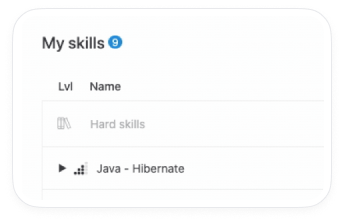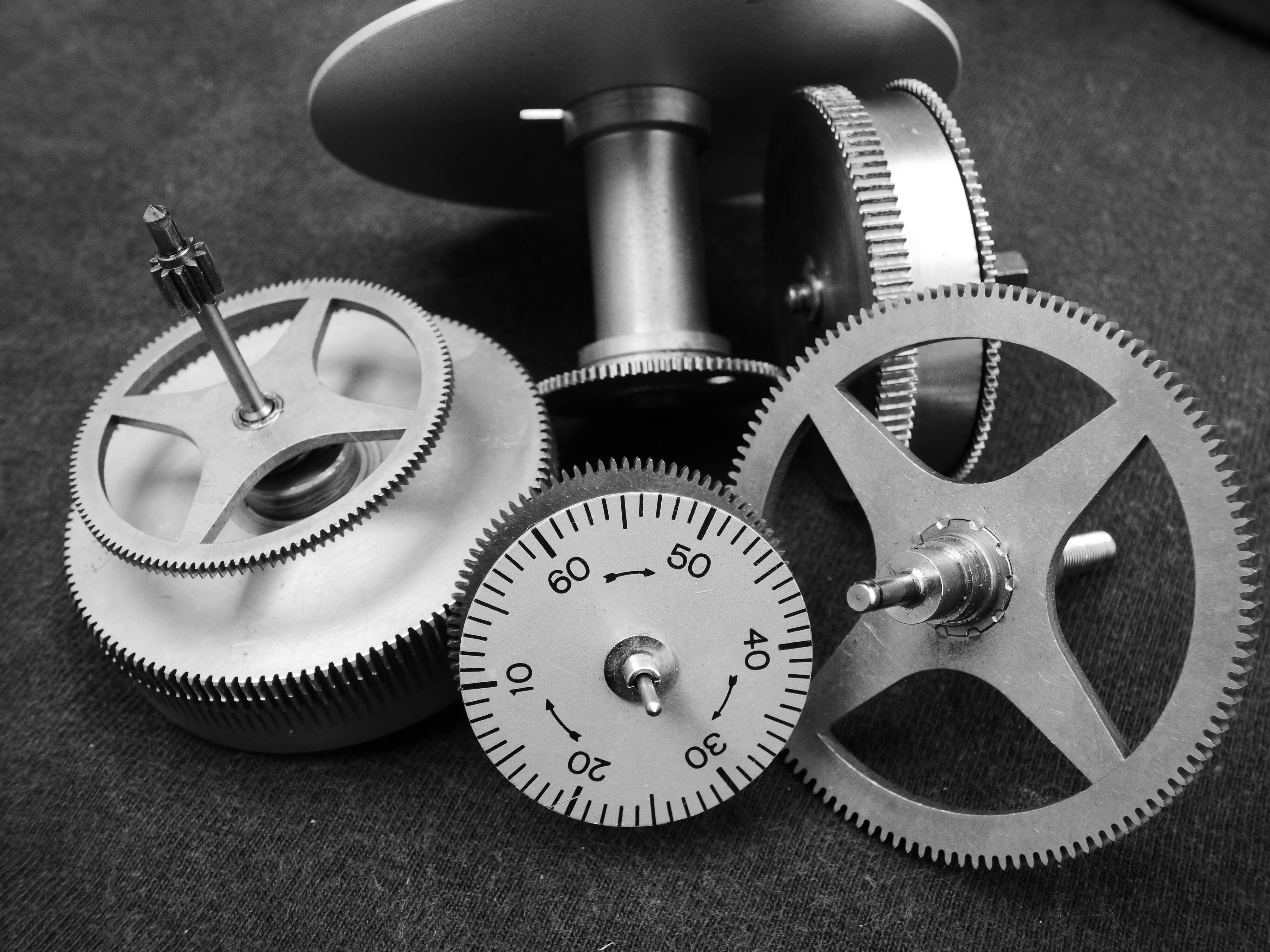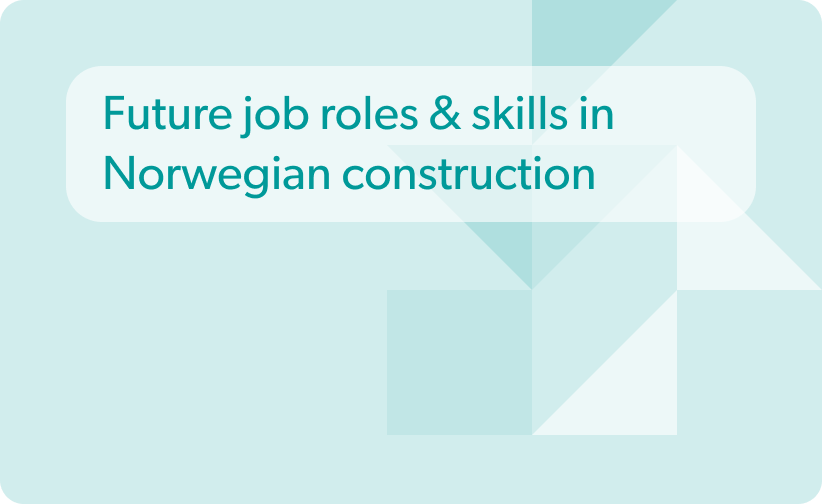An employee performance review is a vital HR activity that helps both organizations and employees spot growth opportunities, improve performance, and detect bottlenecks that prevent employees from achieving their goals. To ensure this activity brings maximum efficiency to both sides, HR needs to carefully choose performance review questions. In this post, we’re sharing a selection of useful questions to ask your employees.
Performance review questions
When picking questions for performance review, it’s essential to put them into categories to keep your conversation well-structured. Also, make sure you have enough questions on your list to spot any possible issues early on and get insights into the employees‘ future goals and performance.
How to prepare for a performance review
The main point to keep an eye on when preparing for performance review is setting the clear goals you want to achieve. Typically, the performance review seeks two goals:
- Evaluate the employee’s performance over a certain period to make further key business decisions
- Provide employees with feedback and help them see areas where they can improve and professionally develop
With these goals in mind, make sure questions you choose genuinely help you get the valuable insights.
Questions about the employee’s strengths
A set of performance review questions dedicated to employee’s strengths allows you to take a closer look at an employee’s skills and personal strengths and see if there’s a better way to help them grow within a company and bring extra value to the organization. It’s essential though to find the right words to make the most of this questioning round. Thus, it’s better to avoid yes or no and too vague questions.
Weak examples:
- What are your key strengths?
- Do you feel you bring the most out of your strengths in your current role?
Instead, make your questions as specific as possible and keep them open. This will encourage employees to go beyond the simple ‘yes‘ or ‘no‘ responses, and thus provide you with the details.
Good examples:
- What strengths help you do your job excellently?
- Which skills make you efficient and effective in your current role?
- What kind of work inspires you the most?
Questions about relationships with managers, employees, and subordinates
This performance review round lets you check if the employee feels like an integral part of the team, communicates comfortably and productively, and works together with managers and teammates.
Again, remember that words matter. Get rid of the performance review questions that appeared on the list just for ‘ticking boxes‘.
Weak examples:
- Did you get any feedback lately?
- Is there anything you’d like to change about your cooperation with a manager?
Think of a few different perspectives you could come about the questions and don’t hesitate to go to a performance review with a comprehensive list of those. This will help you express the readiness to hear your employees and get the complete picture of how things are going in a specific team or department.
Good examples:
- How do you prefer to receive feedback? Were you given enough valuable feedback this year?
- What actions your manager or teammates do are most or least helpful for you in performing your work?
- How would you describe your cooperation with your manager and team?
- What would you do differently if you were a manager?
- What are some hurdles that stop you or make it harder for you to accomplish goals?
Questions about possible areas for improvement
To effectively manage employee development and performance management, you need to detect the gaps and issues that may hold the employees back from doing their best work. Hence, opaque or closed employee evaluation questions may not be the perfect choice for this round.
Weak examples:
- What will you do differently next six months?
- Do you lack anything that would help you do your best work?
Focus your performance review on questions that allow your employees to share their successes and setbacks, projects and tasks that inspired them, as well as skills they lack and would like to master.
Good examples:
- What were your biggest lapses this year and why do you think they happened? How will you do things differently to eliminate issues next time?
- What things will you focus on in the next six months to help you grow and develop?
- What can we do to help you professionally grow?
Preparing a professional development plan in cooperation with employees can help you match their improvement areas and the company’s goals and strategies. To keep your employee development and performance management effective and always on track, explore HR tech solutions that can help you.
Want to identify employee strengths and weaknesses to enhance their development?
Employee development calls for a comprehensive system to analyze all employees and link them with development plans. Download the infographic to analyze the key variables to identify the relationship between employee development and its effect on organizational effectiveness.
Questions about employee’s future growth
It’s equally important to outline the future professional growth plan for the employee. Thus, consider including a set of performance review questions dedicated to employee’s future growth in your agenda.
Just as it worked with other performance review rounds, make sure your questions are put in a way that brings you maximum value.
Weak examples:
- What are your future goals?
- Where do you see yourself in the next five years?
Organize your questions in a way that would help employees talk open and clear about their goals and professional aspirations.
Good examples:
- What do you see as your biggest challenge next year? How are you preparing for it?
- Do you assume your personal goals align with the organizational goals? If not, then why?
- What next position at this company would you like to obtain? What new responsibilities will this role require?
- What professional growth opportunities would you like to explore to get there?
Final thoughts
Of course, the list of precise employment reviews questions can go on, but we hope you can use these collections of questions as guidelines to start and navigate your performance review meeting and make the most out of it. If you’re exploring how to take your employee development and performance management to the next level, take a closer look at HRForecast People Analytics & Talent Development and Market Intelligence services addressing these needs. Get in touch with us and tell us about any challenges you are facing right now. Let’s shape the future together!
Join an expert HR community on our newsletter list
Become one of the leading professionals getting the latest HR tech insights monthly.



























 info@hrforecast.de
info@hrforecast.de
 +49 89 215384810
+49 89 215384810






